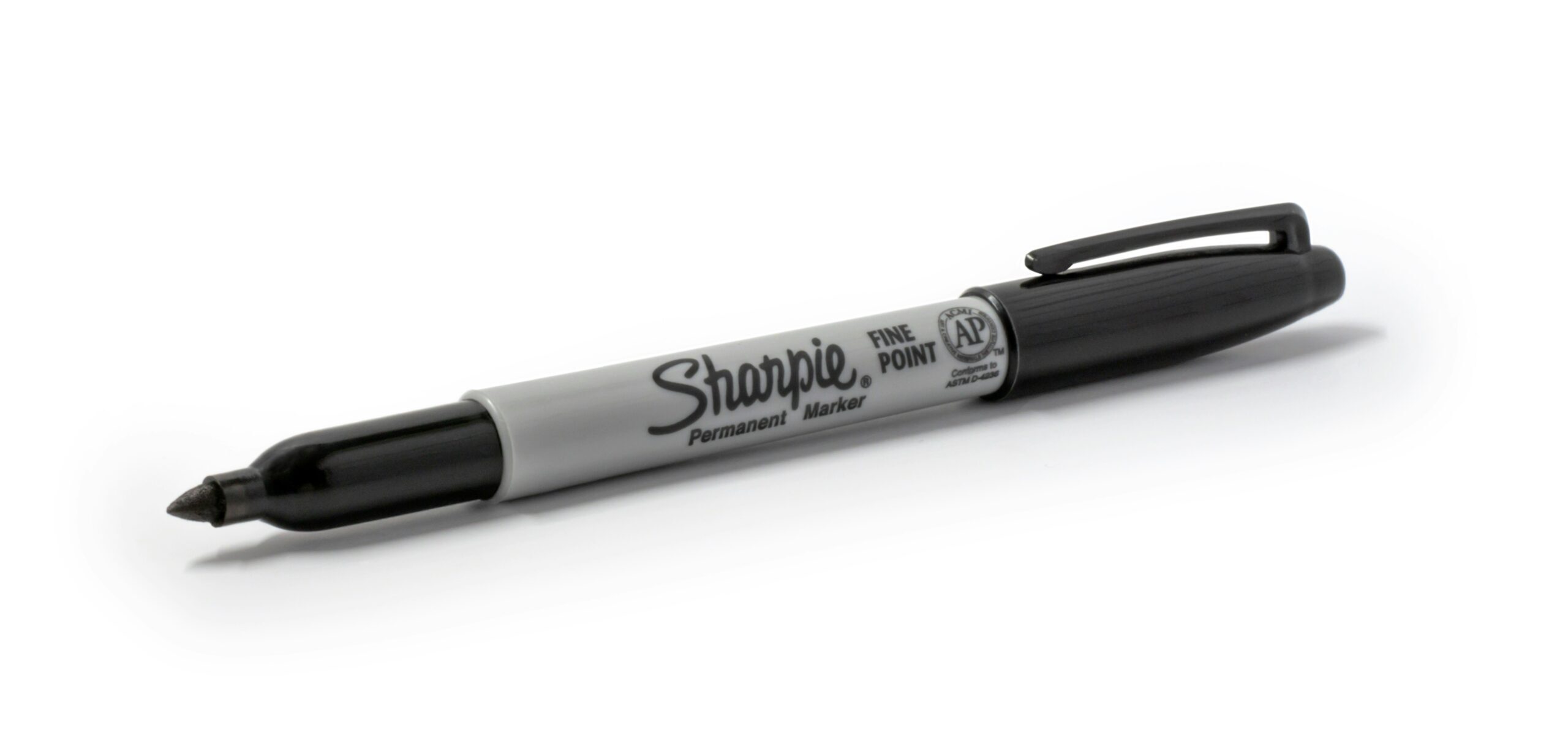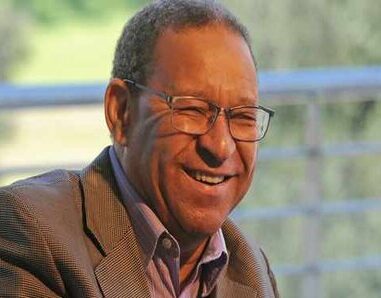Third in in a series: A Theology of Protest
Previously, Maybe Politics Isn’t the Worst Option
and What Do We Do With the Mad We Feel?
I’m writing this a day after a massive and consequential bill passed Congress. It now sits on the resolute desk awaiting the scrawl of the President’s Sharpie.

Since I live in Philadelphia, and I’m writing on the Fourth of July, I’m remembering a few other signatures on a communication intended to challenge a tyrant rather than enable one: The Declaration of Independence.

I confess I’m torn over whether and how to celebrate this day.
To suppress my disappointment below a veneer of red, white and blue, to go eat burgers and brats feels, at the very least, disingenuous. And, yet, I’m not any less American, and this is no less the birthday of my country, simply because I’m disaffected, disappointed, and worried.
Any number of marginalized people groups are simply welcoming me to their party this year. We love our country too, dang it.
I’m reminded of a 2017 protest I attended, shortly after the first attempted Muslim ban was announced. I was on a plaza in downtown DC. I don’t remember what prompted me to say it but I mused out loud, “I wish we had a unifying symbol, something to really rally around.” And the stranger next to me said, “We do!”, pointing to the rooftops of the surrounding federal buildings. The American flag snapped in the wind.

I would argue that progressive-leaning Americans have made a strategic error in ceding the flag to those who, in an act of dubious sartorial patriotism, wear it on their bikini tops and swim shorts. Now, amid the sea of people and signs at a protest, it’s the American flags that remind me what we’re doing there. We’re still here, loving our country and hoping for a more perfect union, dang it.

Augustine of Hippo is credited with writing: “Hope has two beautiful daughters. Their names are Anger and Courage. Anger at the way things are, and courage to see that they do not remain the same.”
I posited a theology of anger last week so now, in this unlikely moment, I want to consider courage and hope. Not because I feel them but because I need them.
Hope is, of course, a deeply resonant theological term. My hope, I suspect like yours, is built on nothing less than Jesus’ blood and righteousness. It is held in place, on the one hand, by God who creates the world, makes and keeps covenant. It is held in place on the other hand by God who is coming again to set all things right, to make all things new and to wipe every tear from our eyes.
In light of this eternal hope, every earthly hope drops down a peg or two. Hope in country, in denomination, in family or even in self can never be ultimate. Recent experience compels me to say “Thank God for that!”
In his book, Dare we Speak of Hope? Allan Boesak answers the title question with a series of chapters entitled:
- “Only If We Speak of Woundedness”
- “Only If We Speak of Struggle”
- “Only If We Speak of Fragile Faith”
Chapter three, in a nod to Augustine, is entitled “Only If We Speak of Her Children.” Boesak observes that hope is “not the product of that hypocritical, hand-wringing Christian quietism that so many in the church have acquired and made into a spiritual skill…(seeking) to remain piously neutral while the battles for life and justice and truth are raging across the earth, straining to please the powerful and to pacify the oppressed, and calling it ‘creating hope.’” Boesak excoriates the facility with which the church domesticates hope, sentimentalizing it, making it a feeling untethered to any action, “thereby shielding ourselves from Hope’s radical demands.”
As Christians, we celebrate a promise that has yet to be perfectly fulfilled, a hope that has yet to be perfectly delivered. We remember and believe in a kingdom we’ve only seen in glimpses. It is this very Christian habit of eschatological hope that grants us the temporal foolishness to work for more justice, more flourishing-peace even now, before the sweet-by-and-by.

On the other hand, this hope is not, argues Boesak, “the result of Christian triumphalism that is so rampant today, certain of every victory, not because we share in the powerlessness, vulnerability, and suffering–and hence the victory of the cross–but because we have made common cause with the privileged and powerful, wielding our Bibles like weapons of mass destruction against those whom we have made vulnerable.”
Ours is a belief that, at the end of days, the Kingdom of God will be characterized by justice, flourishing-peace and righteousness. This belief animates all our days until that day. In other words…
Hope makes us mad
then it makes us brave
which in turn gives us hope
that disappoints us
But compels us to dust ourselves off
So we can take another run
At what will, this side of eternity, always trip us up
Over and over and over again.
This, of course, sounds like an incredibly disheartening way to spend our lives, though I suppose it helps to normalize my feelings at the beginning of this essay. It doesn’t feel hard, exhausting, disheartening because I am doing something wrong (necessarily), but because, well, as Our World Belongs to God (the contemporary testimony of the Christian Reformed Church) puts it,
“Our hope for a new creation is not tied to what humans can do,
For we believe that one day every challenge to God’s rule will be crushed.
His kingdom will fully come and the Lord will rule.
Come, Lord Jesus, come.
…We live confidently, anticipating his coming,
Offering him our daily lives
—our acts of kindness, our loyalty and our love—
Knowing that he will weave
even our sins and sorrows into his sovereign purpose.
Come, Lord Jesus, come.”
Header photo by Ibrahima Toure on Unsplash
Sharpie photo by Brett Jordan on Unsplash


9 Responses
Beautiful place to end your thoughts–so right and true. Thank you for this. I have to admit that when I see the American flag I no longer feel any affection or inspiration–it has become a symbol of MAGA politics for me. Indeed, come Lord Jesus–even at its best, this world is not our home.
Thanks for this, Meg – I love the ending, too. I have never put my trust in government – it is too fickle and changes quickly. But I used to think that the church was the hope of the world – it seems like a slogan that was put out there with the church growth movement. Now I know that isn’t true either. After my disillusionment with the CRC, I realize that Jesus – and only Jesus – is the hope of the world. I am learning not to put anything else on the throne. I’m reminded of Psalm 146 this morning – “I will praise the Lord all my life;
I will sing praise to my God as long as I live.
3 Do not put your trust in princes,
in human beings, who cannot save.
And then the psalmist goes on to describe the creator God who sees the oppressed, the hungry, the prisoner, the foreigner, the widow. I echo your prayer – Come Lord Jesus, come.
Do you have the source for your second-to-last quote, “Hope makes us mad . . . over and over again”? Are those your words, Boesak’s, or someone else? I want to put this (along with Augustine’s quote) in my “quote file.”
That’s me! I’m honored to land a spot in your quote book!
For which cause I fly the USA flag year ’round, along with my Pride and Puerto Rico flags for the folks who don’t look quite the same as I.
Hope is difficult to sustain in these dark times, but despair is not an option if we know that we live in God’s world. Thanks for the wise counsel. (But unfortunately the quotation from Augustine, widely cited but never with a source, seems to be apocryphal, even if the observation rings true. Like another Augustine quotation that has never been sourced, wise as it is; “One who sings prays twice.”)
Yes, I agree that it is attributed to Augustine but cannot be cited in his extant writings. Boesak points to Anselm of Canterbury as the first to attribute it thusly.
Thanks for this wonderful post.
About the flag and ambivalent feelings: my immigrant Dad was very pround to have become an American and he flew the flag all the time; but he also realised what was wrong about the USA, and so, when I was a college student, he encouraged me to go and march behind Dr, Martin Luther King, Jr.